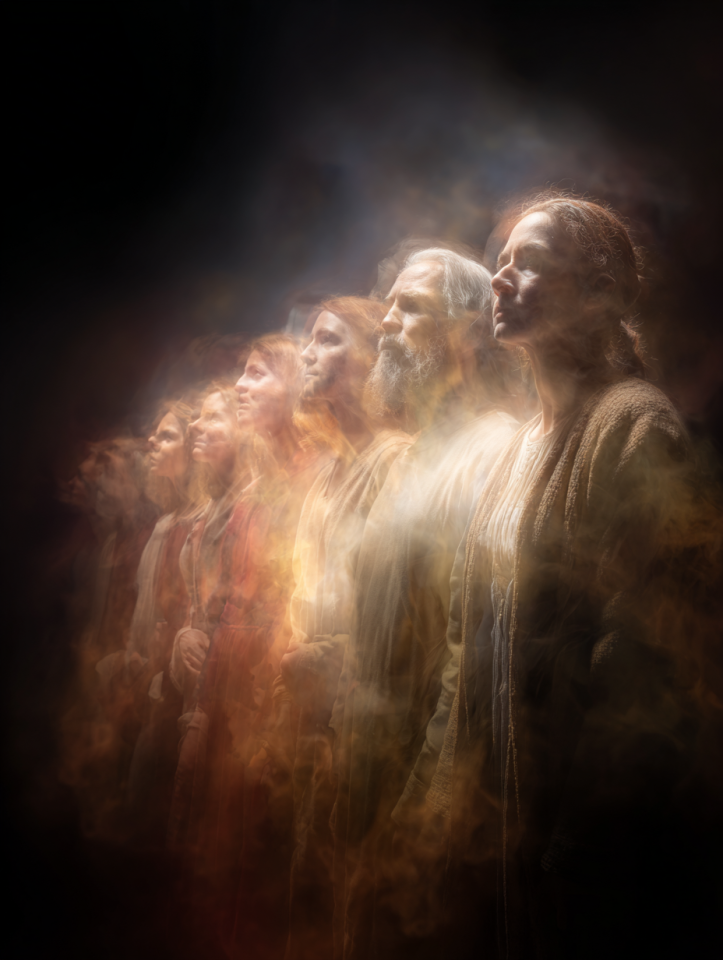Angra Mainyu (AHN-grah MYN-yoo)
Zoroastrian Deity
Angra Mainyu (a.k.a. Ahriman)
Known across ancient tongues as Angra Mainyu or Ahriman, the Arbiter of Duat-Kur exists not as a being, but as a verdict given form. They are not a god in the traditional sense—there are no prayers, no altars, no pleas for mercy—only consequences. Born of human fear and philosophy, the Arbiter took shape in the cracks between justice and vengeance, in every whispered judgment left to rot in silence. In Duat-Kur, they are the great equalizer, a shade who walks with the weight of every verdict ever passed in the Mortal Realm.
Their authority lies not in domination but in doubt. The Arbiter confronts souls with mirrors, not chains, demanding that each question the shape of their own sin. They ask: what truth was buried to maintain peace? What cruelty was rebranded as order? Those who seek passage through Duat-Kur’s fractured plains must pass not through fire, but through clarity—and that is far more painful. Where the Warden enforces, the Arbiter interrogates. And where others torment, the Arbiter merely reflects. They do not punish. They simply hold up the final, unblinking truth.
Physical Description
General Physical Condition
In their humanoid guise, the Arbiter appears as a pale-skinned, sharp-featured being with ice-blue hair that curls like smoke under cosmic pressure. Their crimson eyes gleam unnaturally, as though lit from within by the last sparks of extinguished stars. Always dressed in impeccable, dark formalwear—more executioner than judge—their figure radiates both charm and peril. Around them swirls a faint aura of violet mist, suggesting a gravity not entirely of this world. Their gaze is unnerving not for what it reveals, but for what it seems to already know.
Mental characteristics
Sexuality
The Arbiter is intimacy without comfort, allure without affection. They are drawn not to pleasure but to ethical vulnerability—moments where desire and righteousness collide. Love, for them, is a study in contradiction: they are the temptation to confess, to surrender, to be known completely and still found guilty. They provoke longing not through touch, but through understanding—uncanny, absolute, and inescapable.
Lineage
Family Tree
Species
Ethnicity
Realm
Date of Birth
Evos Todhchaí
Gheydh
Gheydh
Children
Sex
Male
Sexuality
Celestiaphilic















